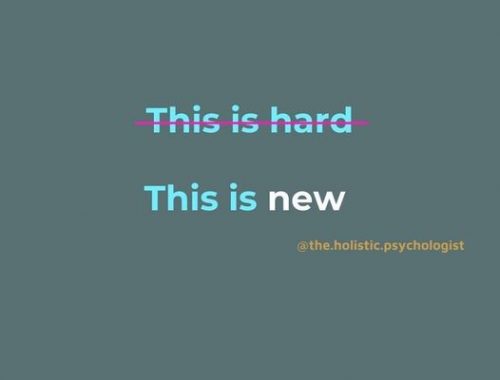Breakfast with Jacinda Ardern: A masterclass in communication

Effective communication is the backbone of successful leadership. In a world filled with noise and distractions, the ability to connect, inspire, and lead is a rare and valuable skill. One leader who consistently demonstrated how exceptional communication skill really is at the heart of successful leadership is the former Prime Minister of New Zealand, Dame Jacinda Ardern.
Last month, I and the rest of the Elm family, had the pleasure of attending a breakfast with Dame Jacinda Ardern, hosted by Business Chicks.
The occasion not only filled us with profound inspiration but also underscored how nearly every crucial facet she discussed from her time in office conveyed a powerful message of the importance of effective communication.
“When I see a problem, I want to see the data and the evidence for the solution.”
Yes. She really said that. Music to our ears!
Dame Ardern talked about how seeking empirical data and evidence when confronted with challenges was her success strategy. This emphasis on data-driven decision-making underscores the critical role that information plays in effective communication. In our profession, where accuracy and clarity are paramount, her approach serves as a powerful reminder of the importance of basing our strategies and messaging on solid evidence. It’s a testament to the idea that strong communication is not just about words, but also about the strength of the information and facts that support those words.
“I want to hear from those with lived experience.”
One thing that always endeared me to Dame Ardern was that she seemed so genuine and always spoke from the heart. Her words not only reinforced my views but also highlighted the importance of authenticity in communication. Her inclusive communication style ensured that all voices were heard, and she actively engaged with the public through various platforms. Interestingly, during her time in office, she personally managed her own social media accounts. While acknowledging that she didn’t always get it right, she prioritised transparency and authenticity as core values for social media. By championing authentic engagement and valuing diverse perspectives, this not only forges deep connections but also embodies empathy, a facet often overlooked.
“There is no time for bureaucracy in a crisis.”
Here at Elm, we understand the urgency of addressing a crisis head-on. Yet, our experience as ex-public servants has shown us how often bureaucracy complicates crisis communication. Hearing a former national leader stress the necessity of swiftly navigating bureaucratic red tape was truly refreshing. When she shared her memories of the Christchurch Mosque Shootings, her approach to handling the aftermath was anything but conventional. One of her recollections that has remained etched in my mind is her admission of briefly hesitating to embrace a grieving family member because it not only deviated from the typical actions of a politician but she had been criticised for it before. It saddened me that such a natural and simple gesture, like so many other decisions we face in crisis comms, can be ensnared in bureaucracy. This really drove home the need to cut through that red tape more.
“Don’t underestimate your gut. Your intuition is your value set.”
Lastly, Dame Ardern imparted the wisdom of trusting one’s intuition. She contends that our gut instincts are an embodiment of our values. Amidst the rapid pace of communications, it is easy to get lost in data and “the way we have always done it”. Yet, her advice to trust our instincts is a priceless gem. How many times have you had all the facts, data and an established path, but deep down you just had this gut feeling that it wasn’t quite right? In the ever-evolving landscape of communications, that gut feeling just might be telling you it’s time to step into uncharted territory and try something new.
After all, isn’t effective communication the birthplace of innovation?

